
Inflammatory breast cancer is only one type of breast cancer. It does not affect many women but it is considered very aggressive. In the United States out of all cases of breast cancer inflammatory breast cancers account for 1- 5%. This particular type of breast cancer predominantly affects younger women and it is also reported more in African American women than in Caucasian women. Even men may develop inflammatory breast cancer and in this case the disease affects men that are on average older than women suffering from the same disease. The very appearance of inflammatory breast cancer may be confusing and the disease can be mistaken for some skin conditions.
What are Symptoms and Signs of Inflammatory Breast Cancer?
The symptoms and signs of inflammatory breast cancer are not unique but they are similar in all patients. In women suffering from inflammatory breast cancer there is a rapid change in the appearance of one breast (the change occurs within days or weeks). The affected breast is thicker, heavier and visibly enlarged. There is also skin discoloration giving the affected breast red, purple, pink or bruised appearance. The breast can be unusually warmer comparing to a healthy one. There may also be dimpling or ridges on the skin. These skin lesions resemble orange peel. The affected breast is itchy, tender and some women complain about intensive pain and aching. In case the disease has spread to regional lymph nodes (in the armpit) they are enlarged and can be palpated. And finally, the nipple may become flat or even turn inwardly.
Diagnosing Inflammatory Breast Cancer
The doctor investigates a patient's medical history, performs physical examination and conveys additional tests and examinations among which the most important ones are mammography and biopsy of the affected breast. The cancer can be confirmed after pathohistological examination of the biopted tissue.
Treatment for Inflammatory Breast Cancer
Inflammatory breast cancer is very aggressive, hence its treatment is aggressive as well. Patients are initially administered neoadjuvant chemotherapy. After chemotherapy patients can be treated surgically. After chemotherapy and surgery a woman undergoes radiation therapy. Some women may be additionally treated with target biological therapy and hormonal therapy. The doctor chooses the order of treatments in each case.
Inflammatory breast cancer carries a significant risk of recurrence. The 5-year survival rate for this type of breast cancer is between 25 and 50%. This means the prognosis is poorer comparing to other types of breast cancer. This is why a woman must consult her doctor as soon as possible in case she has noticed any of the previously mentioned symptoms or signs.


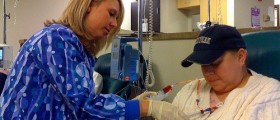



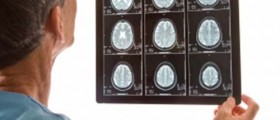
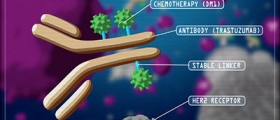





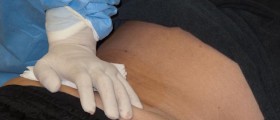


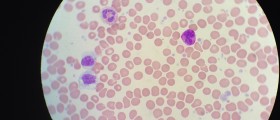
Your thoughts on this
Loading...